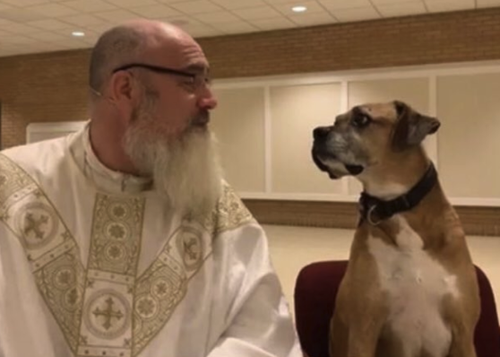There was a time, long ago, when it was easy to pinpoint the beginning and end of the "Christmas season."
In cultures linked to centuries of Christian tradition, the feast of Christmas -- the Nativity of Our Lord Jesus Christ or Christ Mass -- was on December 25, the start of a festive 12-day season that ended with the Feast of the Epiphany. Many Eastern Orthodox churches continue to use the ancient Julian calendar, celebrating Christmas on January 7.
Then there is the "Christmas season" for the whole culture. One big change occurred on December 26, 1941, when President Franklin D. Roosevelt -- focusing on Christmas shopping -- signed a joint resolution of Congress defining Thanksgiving as the fourth Thursday in November. That established an official starting line for the dash to Christmas.
By the early 1960s, the name "Black Friday" was attached to the day after Thanksgiving, with armies of shoppers heading to downtown stores and, eventually, the shopping malls that replaced them. This brand of Christmas opened with a bang, with throngs gathering before dawn to grab "Black Friday" bargains, with police present to control the inevitable pushing and shoving.
Then came the Internet, with more changes in the size and shape of the commercial steamroller known as the "Holidays."
"It's safe to say that Black Friday has become a concept, not an event. We have ended up with Black Fridays all the way down" the calendar during November, said Jeremy Lott, managing editor for publications at the Competitive Enterprise Institute and former editor of the Real Clear Religion website.
"Basically, we're talking about Black Friday after Black Friday everywhere, world without end. Amen," he added, in a telephone interview.
It's true that millions of shoppers can flock to any "malls that are still open," he said. But in terms of large-scale holiday rites, the "liturgy of the shopping mall" has devolved into smaller rites focusing on waves of sales in strip-mall shops and "big-box" stores located nearby.










